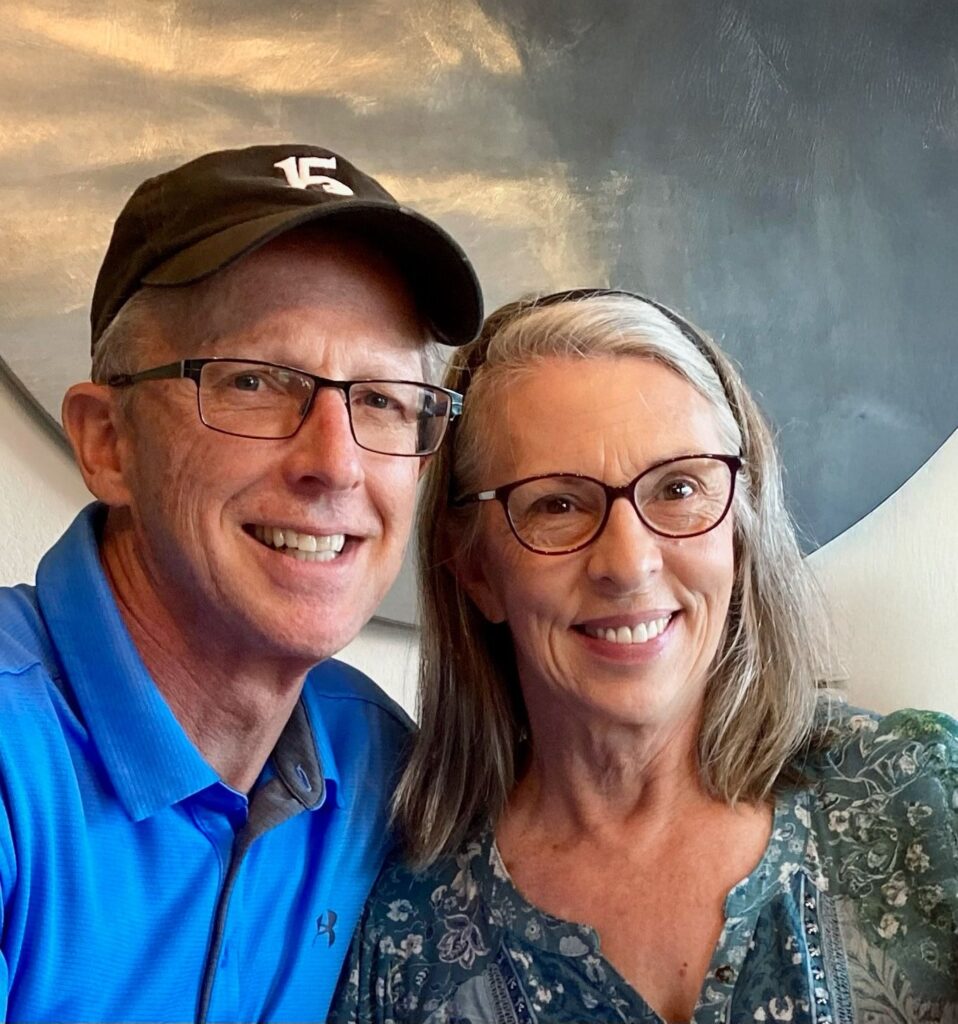The Foundation of Divine Communication
The LORD would speak to Moses face to face, as one speaks to a friend (Exodus 33:11).
The Scriptures do not say, “Moses would speak to God” but “The Lord would speak to Moses.” Moses’ primary role was that of a listener. If listening between friends makes them closer, surely the same can be said, with even more satisfaction, for our relationship with God!
Key Takeaways
- Becoming a better listener for God starts with becoming a better listener for people – the skills of deep, attentive listening translate from human relationships to our divine relationship.
- True listening involves going beyond just hearing words – it requires valuing the speaker, understanding the heart behind the message, and being fully present in the conversation.
- God seeks listening friends who will be trustworthy confidants – just as Moses’ primary role was that of a listener, we are called to be attentive listeners in our relationship with God.
Learning to Listen: A Human Example
Do you want to become a better listener for God? Then become a better listener for people. I’m thinking of a gentleman I know, whom you might find likable. He is rather jolly and has wonderful stories to tell. You might call him a good talker. He is well practiced. He is a fine talker, but a poor listener.
After a dozen little “conversations” I don’t recall him ever stopping to ask,
- “How are you doing?”
- “What are you up to?” or
- “What do you think or feel about this or that?”
I’m not offended that he is not interested in getting to know me. I love the man. His stories teach me interesting things and often make me smile. But it is unlikely this man will become a best friend. I suspect part of the reason he talks so much is that he feels lonely, and perhaps he would like to feel more important.
The Value of Good Listening
Would you like to be more sought out as a trusted friend? Then become a better listener. Consider the last conversation you had with a friend or stranger. If you were to give yourself a grade for the quality of your listening…what would it be? Would you like to get a better grade?
Thousands of books and articles have been written on how to be a good listener. I’ve read a few, and sat in classes teaching this skill. I thought I was a pretty good listener, but I’m realizing I am only scratching the surface. There are greater depths and heights to achieve!
Which would be the most honorable title, “World’s best orator,” or “World’s best listener?” Perhaps we don’t need titles, but still I would like to rise to my full listening potential. Wouldn’t you? There is a shortage of listeners. If you become a good listener you join an elite class.
The Need for True Listeners
All of us need outlets for expression. We have so many things stirring in our hearts. We feel the pressure to release them, and wish we had a good listener to confide in. We have things within us pushing to get out, but sometimes need midwives of conversation to bring forth newborn thoughts and feelings. There is a terrible want for sincere and trustworthy listeners!
God’s Search for Listening Friends
People seek good listeners for Friends. God is seeking out listening friends. We are told, “The secret of the Lord is with those who fear Him” (Psalm 25:14). He is looking for trustworthy confidants.
How many times in Scripture do we read,
“Listen!” Children need to be told, “Listen!” Attentive friends don’t need to be told. 1 John 4:20 warns, “If anyone says, “I love God,” but hates his brother, he is a liar; for whoever does not love a brother whom he has seen cannot love God whom he has not seen.”
Listening is a vital component of love. We might play with this verse by saying, “Anyone who does not listen to their brother whom they see cannot be listening to God whom they have not seen.” In Matthew 25 King Jesus blesses those who have cared for the hungry, thirsty, strangers, naked, sick and imprisoned. He says,
‘Truly I tell you, whatever you did for one of the least of my brothers, you did for me.’ Do you think Jesus might have added something like, “As much as you listened to those needing an ear you did it for me?” How often might we hear God himself while we listen to those otherwise unheard?
Keys for Better Listening
As we become better listeners for people we will also become better listeners for God. Here are a few listening keys used by those with skillful ears. They benefit our human relations and are thoroughly applicable with God.
Keys for Listening
Picture a friend’s face right now. You will become a better listener for them, and for God, if you:
- Value that person as precious
- Desire their welfare
- Feel they have important things to share
- Believe your life will be enriched by hearing them
Listen beyond the words, note what’s between the lines, look beyond information to their heart, their values, and desires. Listen with your heart as well as your mind. Considering what feelings may go with their words.
Acknowledge the things they share. Repeat back what you hear. Ask if you are perceiving their thoughts correctly. In a few words tell them how their thoughts impress you. Then urge them to share more.
The Art of Asking Questions
Dr. Denise Trudeau-Poskas gives good advice. As you’re listening to someone ask:
- What is important to this person?
- What is something I would like more clarity around?
- What does this person need?
Listen to what is underneath the story.
We know not all questions are created equal. To ask, “Where were you born?” may be interesting and you may find it a stepping stone to commonalities. To ask, “Why were you born?” is to go quite a lot deeper for you to broach the question of life’s purpose. Why questions typically go deeper than who, what, where, when, how questions. Good listeners ask good questions.
Asking questions of God is called in the Bible, “Inquiring.” That’s a subject for another time. Real listening is hard work. It can be exhausting. Olympic level listeners use intense vacuum cleaner suction. Their ears and hearts pull with all their might! Let’s up our listening game.
The Journey to Better Listening
The path to becoming a better listener—both for God and for others—is a continuous journey of growth and intentionality. As we’ve explored, it begins with recognizing the profound connection between how we listen to others and how we listen to God.
Through practicing deep, attentive listening in our daily interactions, developing the art of asking meaningful questions, and maintaining an open heart, we grow in our ability to hear both human and divine voices.
Remember, every conversation is an opportunity to practice these skills, and every practice brings us closer to becoming the trustworthy confidants that both God and our fellow humans seek.
A Prayer for Growing as a Listener

Would you agree with me in this prayer?
Dear God,
Thank You that you have ears for me. You lovely hear my every heartbeat. I want to grow as a listener. I realize I miss things You try to tell me. There are times when I don’t pay attention. Please forgive me, especially when I turn You off with selective listening. Give me an open, seeking heart. As Samuel learned Your voice may I also learn. I don’t want to miss Your presence or Your voice!
Let me be a better listener in the human arena so I may be a better listener for You.
I want to grow as a listener. I want to be sensitive to Your promptings. Show me how to wait on You, and instantly respond with an eager, obedient heart.
Grant me the happiness, security, wisdom and peace that come from instantly recognizing Your wonderful voice!
—
Friends, this is Steve Johnson with another, Learning to Hear God’s Voice, teaching from RevelationConnections.Vision
Join Our Global Community of Listeners
- Receive regular insights on hearing God’s voice
- Connect with fellow listeners worldwide
- Access exclusive teaching content
- Share what God is speaking to you
- Reach a global audience of believers
- Learn from others’ experiences with God
Be Part of Something Bigger
Join a community dedicated to growing as listeners—both to God and to each other. Together, we can create a world where every voice is heard and valued.
Register
"*" indicates required fields
